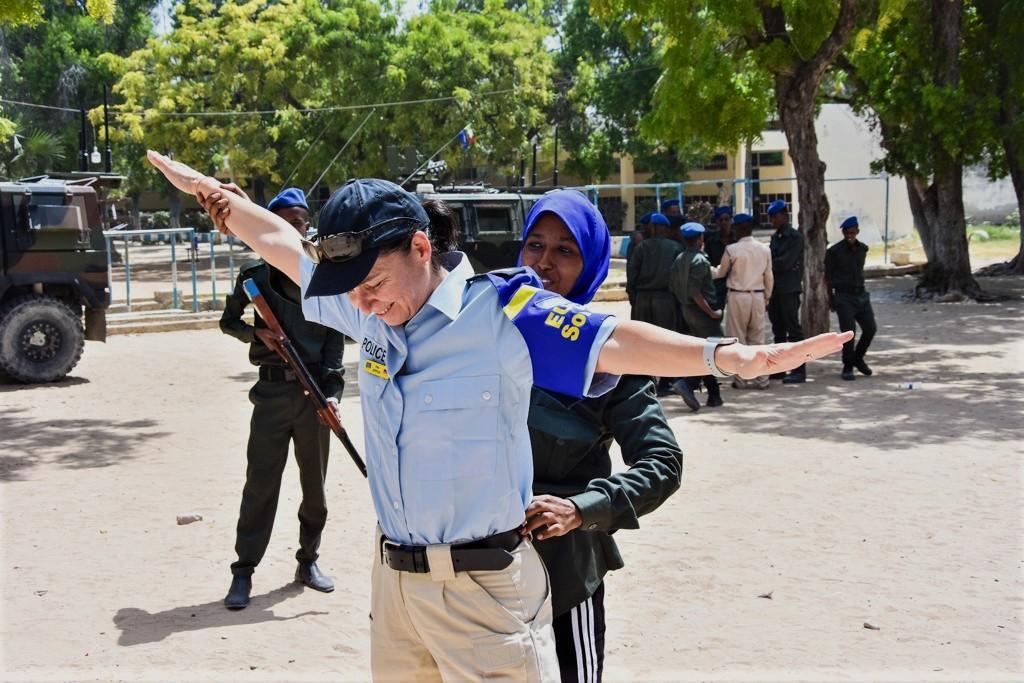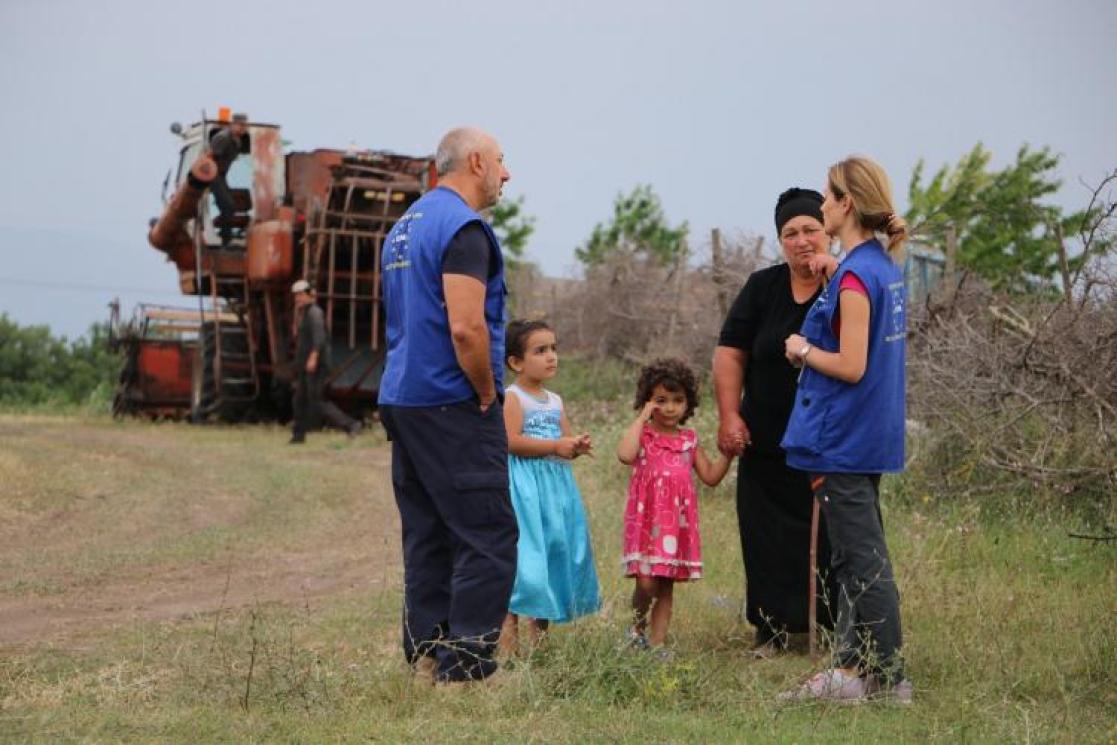CSDP missions and operations committed to promoting human rights and women’s rights

The present Report on the Follow-up Baseline Study on Integrating Human Rights and Gender Equality into the European Union’s Common Security and Defence Policy, carried out in 2021 – 2022, measures progress against the baselines established in the first baseline study conducted in 2015-2016.
The report presents the results of a comparative study highlighting a significant progress in the institutionalisation of human rights and gender mainstreaming processes over the past five years thanks to an increased availability of dedicated experts, training and operational tools, as well as improved coordination and support systems available at the headquarters.
The report also shows that missions and operations have diversified considerably their engagements on human rights and gender equality spanning from internal mainstreaming, training and capacity building to activities benefitting our partners. However, there has been less progress when it comes to the representation of women in CSDP missions and operations. Nevertheless, several efforts are under way to improve gender balance in missions and operations, including the EEAS Strategy and Action Plan to Enhance Women’s Participation in Civilian CSDP missions 2021 – 2024.
Over the years, the EU has developed a solid policy framework for the promotion and protection of human rights and gender equality in its external action, including the EU Action Plan on Human Rights and Democracy 2020-2024, the EU Gender Action Plan III (2021-2025), the EU Strategic Approach to Women, Peace and Security (2018) and its Action Plan, which all apply to CSDP missions and operations. Furthermore, several CSDP specific policies also highlight the importance of gender and human rights mainstreaming, including the Civilian Compact. It was against this background that the Member States welcomed in 2015 the idea of a baseline study to enhance the move from policy into practice. The purpose of the baseline study was to provide a tool for a more systematic approach and measurable policy implementation in the future.
The report formulates a number of recommendations based on the analysis and identified gaps. Whereas the first report of 2016 focused on recommendations to strengthen internal mainstreaming by developing strategic and operational tools, procedures, and resources necessary for achieving results, the follow-up study puts more focus on external mainstreaming activities, thematic areas and on the impact of our work on the ground. The report proposes strengthening our action and engagement in thematic areas such as sexual and gender-based violence, human rights due diligence, children and armed conflict, international humanitarian law and protection of civilians.
Finally, the promotion of gender equality and the participation of women in the context of CSDP missions and operations continues to deserve full attention. Consequently, the report recommends carrying out regularly context-specific gender analyses and improving “leading by example” by increasing the representation of women in missions and operations and rooting gender-responsive leadership style.
Link to the Follow-up Baseline Study report






